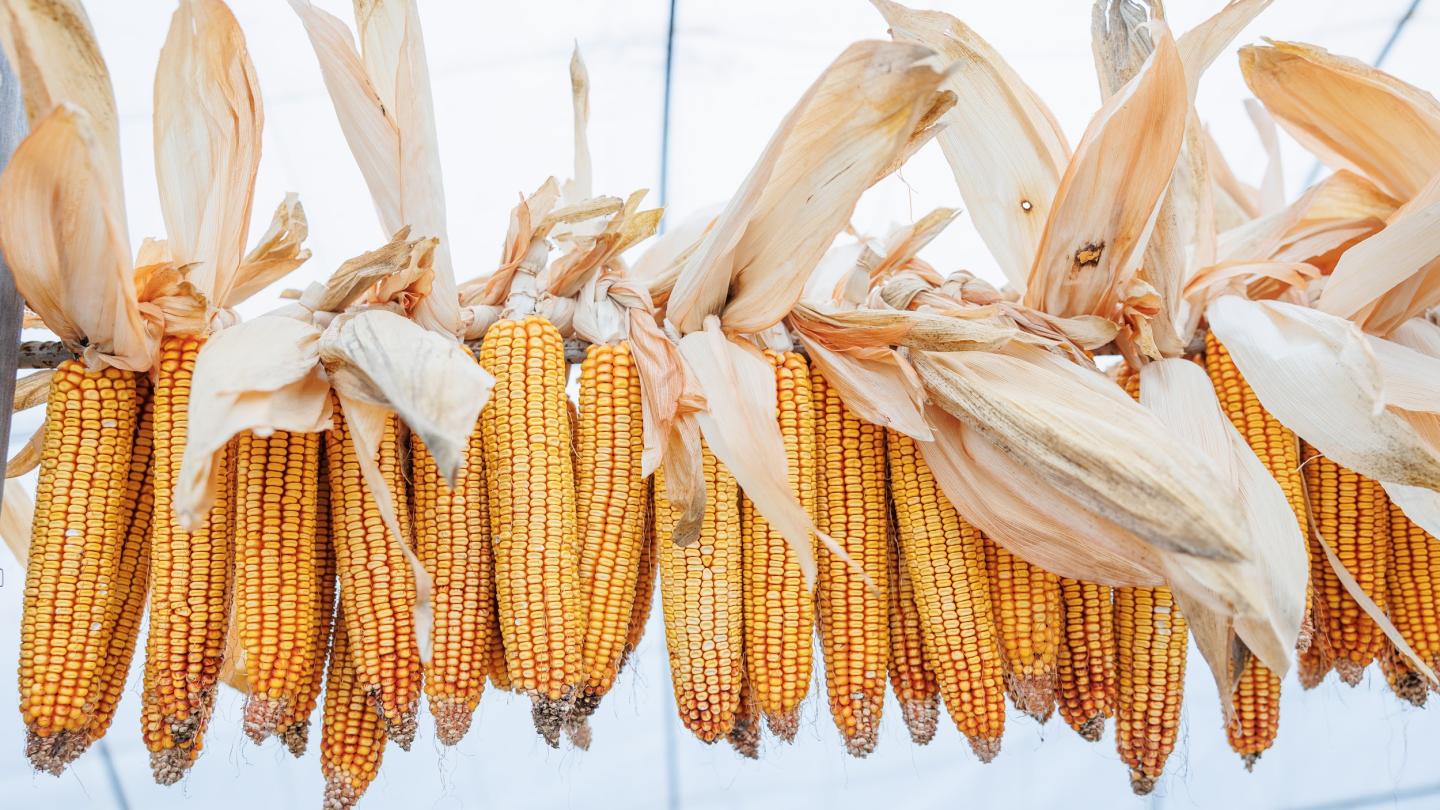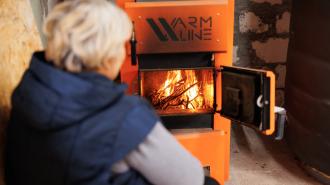From a passion for flowers to a climate resilient business
May 7, 2024

She has always dreamed of having a greenhouse with flowers, but because of money, she postponed her dream year after year. Now, at 52, Maria Josan from Ciorești village, Nisporeni district, has seen her dream come true.
Maria Josan is a mother of three and has always taken care of the household. Since it’s harder to find a job in rural areas, she decided to build a few small greenhouses in her backyard and make a living from farming, just like her parents did. “Agriculture runs through my veins,” says the woman. Helped by her family, Maria Josan started growing tomatoes, peppers, and cucumbers seedlings in greenhouses, then moved on to growing vegetables.
Two years ago, her youngest daughter, aged 14, found out on social media about a competition launched by the “Sustainable and resilient communities through women empowerment” UNDP project with financial assistance from Sweden. Knowing about her mother’s passion for flowers, she urged her to participate. They both wrote the project proposal and hoped to win in the competition and use the money to make some adjustments to the greenhouses in order to grow flowers all year round. The greenhouses of Josan family had no central heating system and were heated with a makeshift stove. They had a hard time, when the temperature dropped below 10 degrees outside and the greenhouse had to be heated twice a day.
They were delighted when they won the competition. With the US$4,375 offered by Sweden under the “Sustainable and resilient communities through women empowerment” UNDP project, a biomass boiler, pumps, expansion vessels, and a water tank were installed in the Josan family’s greenhouse. This way, all the conditions for the flowers to grow in the greenhouse were created. The new purchases now help the family cope both with crises and with climate change. In addition, thanks to the assistance received under the project, Maria Josan has managed to reduce carbon emissions by 21.5 tonnes per year and to make a better use of the waste resulting from economic activity and thus to optimise the production costs.
In addition to financial assistance, the entrepreneur also benefited from business mentoring and training in applying sustainable and environmentally friendly farming practices: the use of green energy and energy efficient technologies. Thus, Maria Josan produces compost from household waste, which she uses as a natural fertilizer for the greenhouse, collects rainwater to irrigate her three greenhouses and uses branches and vine waste for heating. The project also helped Maria Josan to register her economic activity and expand the sales market.
“Although producers come accross many obstacles, they do not give up. They work hard to obtain the results they want. More than 15 species of flowers are planted in the greenhouse. The investments are big, but the satisfaction of a business in which the whole family is involved is even bigger,” says Maria Josan. Her younger daughter sells the products on social media.
“With small steps, we move forward,” says Maria. The entrepreneur believes that women in rural areas need to be more self-confident and not be afraid of consequences. “If you work hard, everything turns out the way you want it to,” is her belief.
Maria Josan is one of the 120 women who received mentoring and equipment worth up to US$4,400 from Sweden under the “Sustainable and resilient communities through women empowerment” UNDP project to initiate economic activities resilient to climate change in their households. The beneficiaries were selected during two public competitions organized by the UNDP project, involving women from Nisporeni, Călărași, Basarabeasca, Leova, Dubăsari, ATU Găgăuzia and Transnistrian region.
Beneficiaries have successfully launched and are developing businesses in various fields such as beekeeping, livestock, and poultry farming, manure management, medicinal plant growing and processing, greenhouse vegetable growing, and other income-generating economic activities that are resilient to climate and economic crises.

 Locations
Locations















